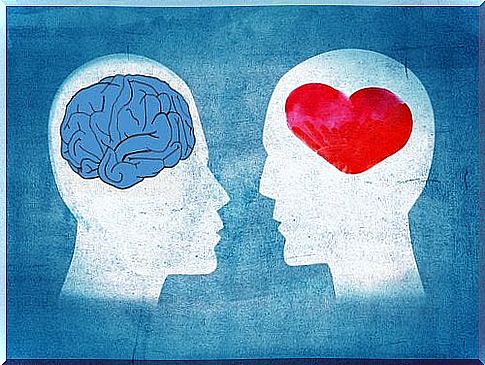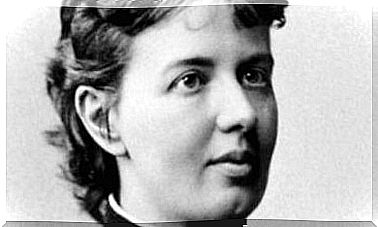Coping Resources: Do You Know What It’s About?

People have a tendency to use certain strategies to deal with problems. These confrontational efforts are known as coping resources. They can be intentional or voluntary, and serve to face the demands and conflicts that arise and that exceed the resources a person can count on.
Due to our experiences and learning, each one of us has different coping skills in different challenges or situations. Besides, you’ll have different strategies, which you’ll use to successfully overcome the obstacles that appear.
The importance of having these resources lies in the fact that the richer and more varied they are, the more satisfied we are to face difficulties and obstacles along the way.
Lazarus’s explanation
When a set of environmental or surrounding demands appears (for example, a peak of work that will last weeks), the person must give an answer that allows him to adapt to this situation. That is, it has to adapt to these demands by putting its coping resources into practice.

So, for example, when we face a situation that can cause us stress or anxiety, we mobilize our coping resources to resist it. Therefore, this author considers that stress is a broad process of adaptation to the environment, without which we could not live.
Good or bad mobilization of coping resources
Faced with an unforeseen event, two situations can happen. The first is that the mobilization of our resources is adequate. In this case, this adaptation happens and, therefore, we could continue using our resources normally. But the second case can also happen: what the environment demands of us is excessive.
In the latter case, the individual perceives that there is an imbalance between what is needed to solve the problem, and the abilities, capacities or skills he has to face it. Thus, this colossal demand provokes two types of reaction in the person.
On the one hand, physiological, such as increased heart rate, sweating, increased blood pressure, or dilated pupils. On the other hand, emotional reactions of negative value, among which anxiety, anger and depression stand out.
double review
Let’s imagine that our sentimental companion tells us that he has to travel abroad for a while for work reasons. First, according to Lazarus, the person would carry out a primary assessment of the situation. That is, it would analyze whether this fact is positive or negative, and would estimate the consequences that this event has or would have in the future.
Later, she would make a second assessment in which the focus of attention would shift away from the fact itself, to focus on the person herself. Thus, the affected person would analyze the capabilities they have to face this new reality. In other words, she would try to gather all her coping resources to make use of them. Depending largely on this last estimate, the stress reaction would or would not occur.

coping strategies
Traditionally, a classification of these strategies was carried out, taking into account different aspects. The evaluation of the event, its problems and the emotion caused. Thus, based on these characteristics, coping resources are usually divided into 2 types:
Problem-focused strategies
These types of resources are intended to face the situation, giving it meaning and attributing a certain meaning to the problem that occurred. They are based on finding solutions, restoring the cognitive imbalance caused and solving or modifying the problem. They refer to confrontation and the search for social support and solutions.
They are usually used when the stressful event is perceived as something manageable. For example: we have to carry out many tasks during the day, this causes us restlessness and even discomfort. How do we adapt to this situation? Mobilizing this type of strategy, with which we would think that, by trying very hard, we could do all these tasks.
Strategies focused on emotions
Unlike the previous ones, these strategies are usually used when the situation that generates stress is perceived as uncontrollable. What is sought, therefore, is no longer to focus on the problem, but on the emotions that this event provokes and on their release. Only then can the individual relax. They will be guided to be able to reestablish the affective balance.

They are self-control, distancing, positive reappraisal, self-accusation, and escape/avoidance. With respect to this last type of conduct, avoidance-based coping resources seek to temporarily distance themselves from the problem. So, the person will try to avoid doing other activities, taking distance from what is causing them so much stress. When she has been able to minimize the emotional impact, she will face this situation again.
These coping resources are not watertight, they are modifiable. They are also flexible and, with the right help and psychological support, can be developed.









